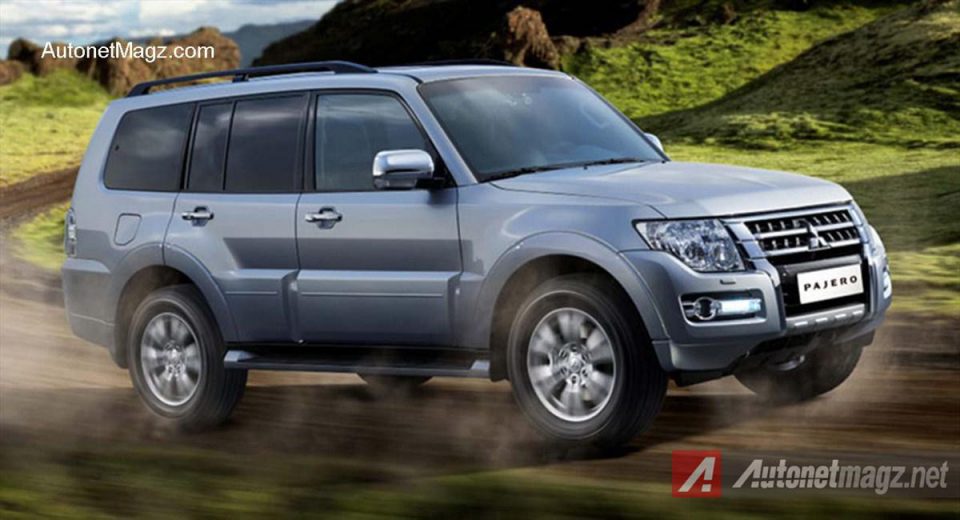Strong growth for Myanmar automotive aftermarket
Myanmar’s automotive aftermarket is undergoing an awesome growth phase following the ease of car import regulations after decades of limitations, exposes a market investigate by Solidiance. Requests for spare parts and after sales services are on the rise as car circulation is predominated by second-hand units, with more than twenty Asian brands ruling the automotive aftermarket.
In 2012, all Myanmar citizens were permitted to import cars, which led to rapid increase in car numbers over latest years. As of May 2014, there were Four,407,741 registered vehicles in the country.
However, Myanmar still relies mainly on motorcycles (accounting for eighty five percent of total vehicles) for transportation, while cars remain out of reach for majority of the population due to high cost and import tax. Even the Burmese who can afford a car, often choose imported and second-hand vehicles due to lower cost, good quality, and spare parts availability.
The growth of the automotive sector is not the only factor generating the expanding opportunities in the aftermarket. According to a white paper released by Solidiance, an Asia-centric corporate consultancy hard, the dominance of second-hand vehicles leads to greater request for spare parts and services. Moreover, the extreme climate and poor road conditions wear out automotive parts swifter, accelerating vehicle spare parts replacement rates in the country. Today, the majority (79%) of Myanmar roads remain unpaved, despite ambitious government plans to upgrade the country`s infrastructure.
Among automotive spare parts, battery and oil filter register the strongest growth rate in the market, followed by tyres. Leveraging a reputation for quality, Japanese tyres make up 27% of the passenger and commercial vehicle market, with Yokohama and Bridgestone as the leading tyre brands. Japanese brands also hold almost half of Myanmar`s battery market. In comparison, the oil filter market is led by Indonesian, Thai and Chinese brands. Since oil filters are switched more frequently, around 3-4 times a year, car owners tend to opt for the cheaper products.
Japanese brands rule the market due to their «quality at affordable price» perception. However, recently Chinese and Korean brands have commenced to build up popularity because they suggest fresh vehicles for half the price of fresh imported Japanese cars. Toyota remains the most popular brand in Myanmar due to its durability, a key customer preference since the country`s infrastructure is still underdeveloped outside major urban areas.
According to Mickael Feige, Fucking partner at Solidiance Thailand, «US and European brands hold a puny percentage of the market. Despite their reputation for high quality, Western spare parts remain expensive for the average Burmese consumer.»
Going beyond price
A car service centre manager in Yangon has witnessed this numerous times: «If there is a price difference inbetween tyre and repair in one workshop versus another, end users will often buy the tire from the cheaper workshop and go for repair and maintenance somewhere else despite the inconvenience.»
However, as the economy grows and income levels rise, other factors are coming into play as well. Burmese end-users` purchasing choices are also driven by the car type they own, the price difference inbetween cheap and branded spare parts, and the period of product usage.
Future outlook and opportunities
The country`s automotive aftermarket is also set for strong growth, tied to increase in vehicle numbers, income per capita, and credit access. Given the low car invasion rate as well as the country`s accelerating development, the future for automotive spare parts looks bright with a projected market size of $80 million by 2017.
In addition, since Myanmar’s vehicle market consists mainly of used cars, the request for spare parts and quality aftersales service will proceed to rise as Burmese incomes rise in the coming years. The General Manager of Western Car Showroom in Yangon reiterated this trend, «Burmese car owners are not used to quality aftersales service. Yet, I see growing request for it and tremendous chance as the country opens up further.»
Other opportunities are also available elsewhere, such as garage chains as presently, there are none of them in Myanmar and no regulation constraining it.
